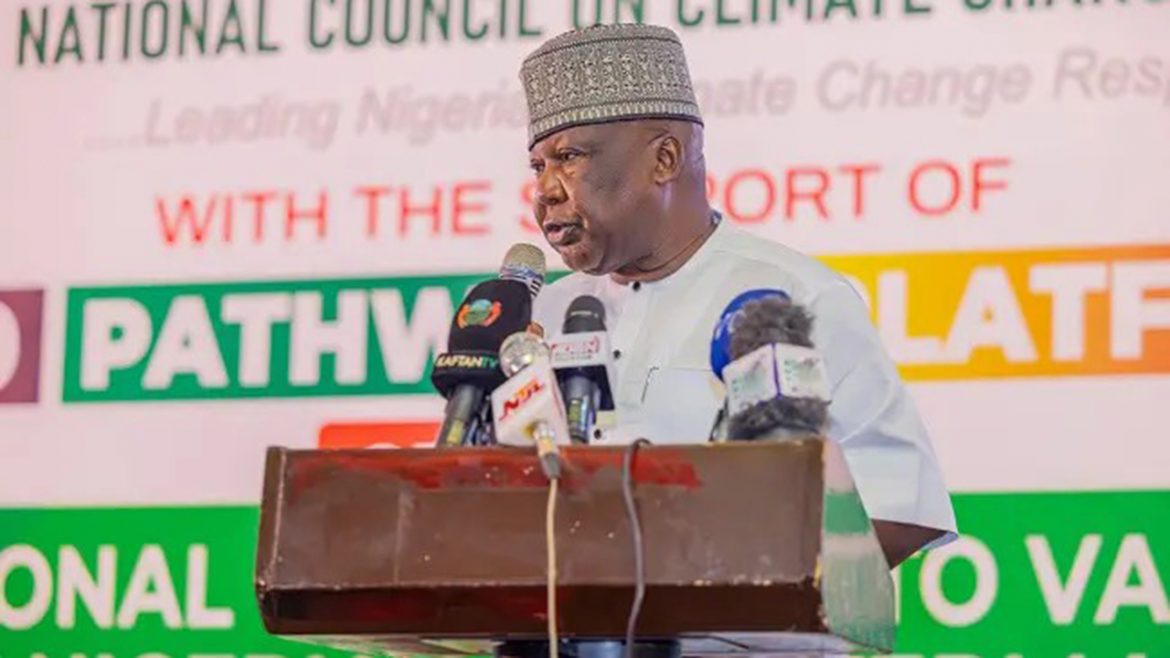The Nigerian Environment Study /Action Team (NEST) and experts have called on stakeholders to support subnational climate action in Nigeria, to address the challenges of climate change.
The experts noted that subnational climate action can help address the specific needs and challenges of local communities, promoting more effective and sustainable climate solutions, while emphasising the need for increased collaboration and partnership between government, Non-Governmental Organisations (NGOs), private sector, and local communities.
They spoke at a webinar on “Empowering Resilience: The Role of Dynamic Partnerships and Subnational Climate Adaptation” organised by NEST, and emphasised the need for increased awareness, as well as education on climate change issues, particularly at the local level.
Setting the tone for the discussion, the guest speaker/Nationally Determined Contributions (NDC) Partnership In-Country Facilitator for Nigeria, Huzi Mshelia, stressed the crucial role of subnational actors, such as local and regional governments, in tailoring adaptation strategies to local contexts.
Read also: Guterres raises alarm over rapid Himalayan glacier melt
He said subnational actors are well-positioned to address climate change due to their proximity to the people and action. He stressed that dynamic partnerships between government, NGOs, the private sector, and local communities are essential for effective climate action.
”Decentralising climate governance is critical in ensuring that climate change policies and initiatives are tailored to meet the specific needs of local communities,” he said.
Mshelia, who doubles as Chairman of the International Center for Energy and Environmental Development (ICEED) Board of Directors, emphasised the need for flexible programming to promote locally-led climate action, allowing for adaptability to new climate data, funding opportunities, and policy changes.
The webinar discussed key topics, including the benefits of subnational-led adaptation, challenges such as misalignment of goals and limited access to climate finance, and the importance of inclusive governance and capacity building.
He highlighted the importance of supporting Nigeria’s climate change initiatives. According to him, enhanced subnational climate action will promote sustainable development in Nigeria; and align with the country’s NDCs under the Paris Agreement.
Mshelia emphasised that subnational climate action is critical in addressing the impacts of climate change, particularly in Nigeria, where climate change has significant economic, social, and environmental implications. He added that the country’s economy is heavily reliant on climate-sensitive sectors such as agriculture, fisheries, and forestry, making it vulnerable to climate-related shocks.
Story was adapted from the Guardian.
